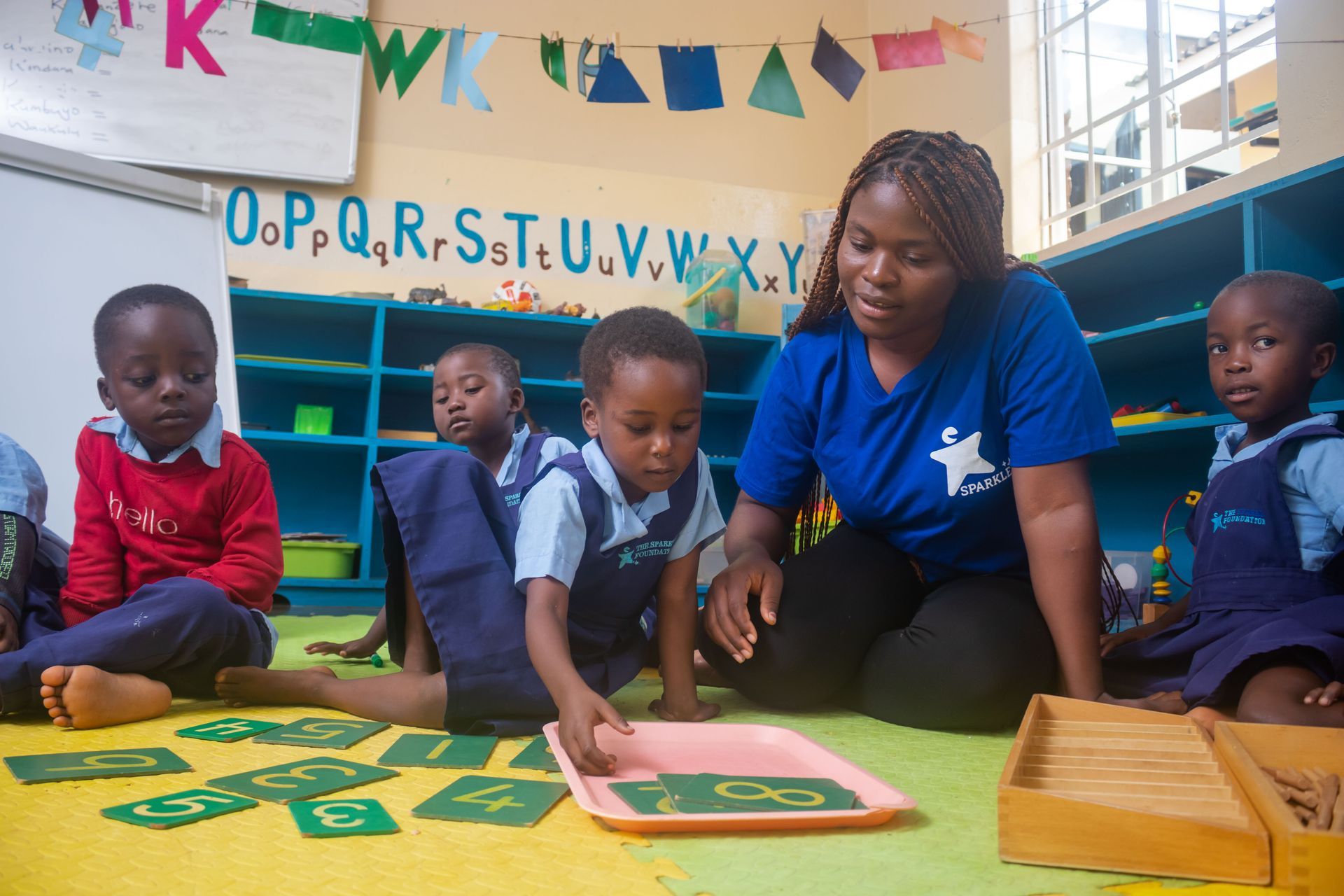The Art of Teaching: What Every Early Childhood Educator Needs to Make a Lasting Impact
Teaching really is an art. It’s not just about passing on knowledge, it’s about nurturing curiosity, guiding young minds and helping to shape the future. And in Early Childhood Development, or ECD, this couldn’t be more true. These early years are when children begin to discover who they are and how the world works. What they learn – and how they’re taught – can have a lasting impact on the rest of their lives.
To make that impact count, ECD teachers need more than just passion. They need the right skills, the right mindset, and the willingness to grow alongside the children they teach. Here are a few key areas every ECD teacher should embrace to make a real, lasting difference.
Creating A Supportive And Well-Managed Classroom
Every child deserves to feel safe, valued and inspired when they step into the classroom. Good classroom management doesn’t mean being strict for the sake of it, it means creating an environment where children feel confident to explore and express themselves.
It’s about clear routines, mutual respect and a lot of patience. Children thrive when they know what to expect and feel secure in their surroundings. And when the classroom feels calm and consistent, learning becomes something joyful rather than stressful.
At this stage of life, it's not just about what they learn, but how they feel while they’re learning. A positive classroom can build confidence, resilience and a genuine love for education..

Embracing Technology With Purpose
You might not think tablets and apps belong in a nursery setting, but when used thoughtfully, technology can bring learning to life. It’s not about replacing playtime with screens, it’s about enhancing the experience with digital tools that spark imagination and make teaching more effective.
Whether it’s an interactive storybook, a simple learning app or a digital tool to help with planning and assessment, technology gives teachers more ways to connect with different learning styles. For children growing up in a digital world, learning to navigate it in healthy, creative ways is a skill in itself.
As the saying goes, technology won’t replace great teachers, but in the hands of great teachers, it can be transformational.
Getting The Community Involved
Teaching doesn’t stop at the school gates. One of the most powerful ways to support children is by involving the people who surround them – their families and wider community.
When parents are engaged, children feel supported both at home and in the classroom. And when schools and communities work together, education becomes something shared and valued. At Sparkle, for example, families often volunteer their time or resources – helping in the kitchen, contributing firewood for meals or attending learning sessions. It might seem like a small thing, but it builds a strong sense of unity and shows children that everyone is invested in their growth.
It’s often said that it takes a village to raise a child. In ECD, that couldn’t be more true.
Other Essentials For ECD Educators
While classroom management, technology and community involvement are key, there are a few other traits that make an ECD teacher truly effective:
Empathy and patience, recognising that every child learns at their own pace
Creativity, using stories, songs, and play to make learning fun and meaningful
Adaptability, being ready to switch things up when a plan isn’t working
Good communication, not just with children, but with parents and fellow teachers too
It’s not about being perfect, it’s about being present, open and always willing to learn.
The Bigger Picture
At the end of the day, teaching in ECD isn’t just about helping children learn their ABCs. It’s about laying the foundation for everything that comes after – school, relationships, confidence and dreams. The impact an early years teacher can have is hard to measure, but it runs deep and lasts a lifetime.
Education, especially in the early years, is one of the most powerful tools we have to create a fairer, brighter future. And as Nelson Mandela famously said, “Education is the most powerful weapon which you can use to change the world.”
Let’s make sure the people delivering it have everything they need to do just that.







